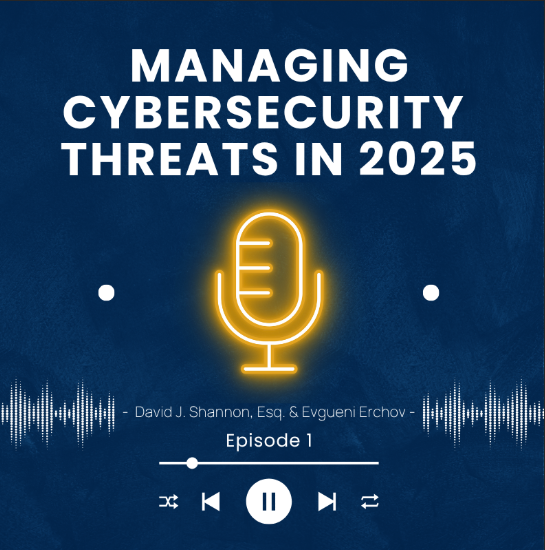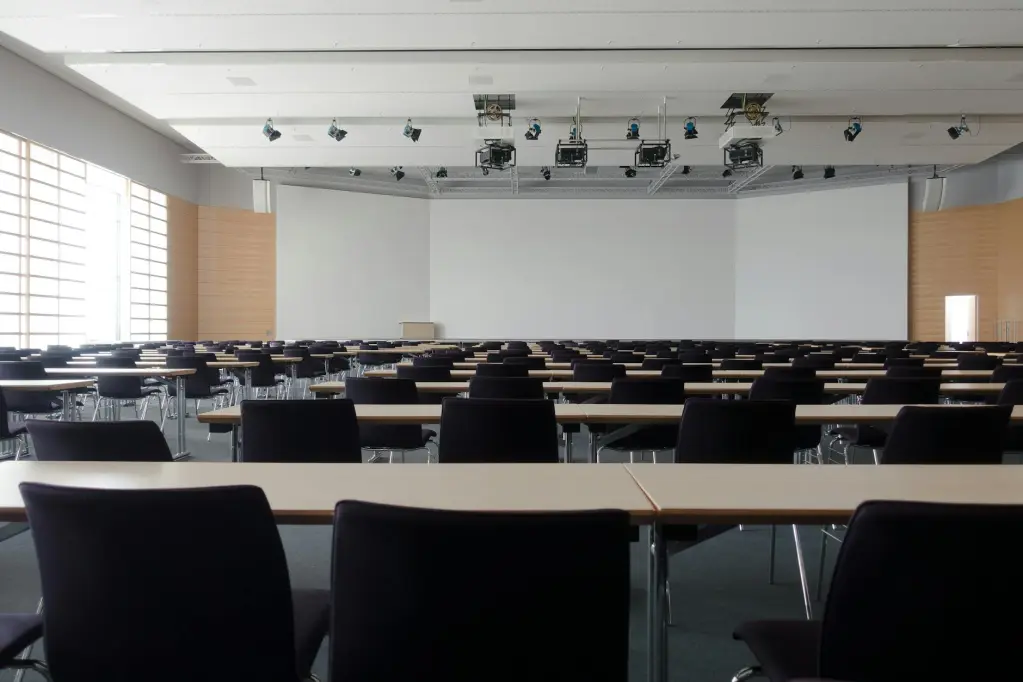February 23, 2023
Construction Worker Under a Collective Bargaining Agreement? No PAGA Claims for You!

Though attempts to contractually waive an employee’s right to sue pursuant to the California Labor Code Private Attorneys General Act (PAGA) typically fail in court, a narrow, but important exception to this rule are collective bargaining agreements involving construction workers. In Oswald v. Murray Plumbing & Heating Corp., No.B312736, 2022 Cal. App. Lexis 752 (Ct. App. Sep. 2, 2022). the Court of Appeal found that because the collective bargaining agreement at issue addressed wage and hour provisions, working conditions, and grievance procedures, and specifically mandated arbitration of disputes regarding Labor Code violations, the denial of the plaintiff’s right to sue under PAGA was warranted. Consequently, the Court of Appeal found that all employment claims, including those claims under PAGA, should have been submitted to arbitration for resolution in accordance with the provisions of the collective bargaining agreement.
Background Facts
Jerome Oswald was employed by Murray Plumbing and Heating Corporation (Murray) as a journeyman pipefitter for a portion of 2019-2020. Oswald filed a claim for civil penalties in 2020 against Murray under PAGA. In his complaint he alleged that Murray did not provide required rest and meal breaks, or accurate wage statements. Oswald also claimed that his wages were not paid in a timely manner and that his business expenses were not reimbursed properly. During the time Oswald was employed with Murray, a Master Agreement between Oswald’s union and Murray’s contractor association was in effect and governed the relationship of the parties. In this collective bargaining agreement, which was effective from 2017-2026, the parties agreed to submit all labor disputes to arbitration, including those arising under PAGA, as the “sole and exclusive remedy.” Murray filed a motion to compel arbitration, which the trial court denied.
Three days after Murray’s motion was denied, collective bargaining representatives for the parties signed a “Memorandum of Understanding Waiver of PAGA and Class Action Claims” (MOU). The parties agreed that the MOU replaced the prior collective bargaining agreement and was retroactive to 2017. Based on the MOU, Murray’s attorneys requested that Oswald’s counsel immediately dismiss the PAGA claim. No response was ever made and both parties briefed their arguments for the appeal without mentioning the MOU. Without knowledge of the MOU, the court prepared a bench memorandum based on the original collective bargaining agreement. It wasn’t until just before oral arguments were set to take place that counsel informed the court of the MOU. The MOU was admitted and considered by the Court of Appeal on the eve of oral argument, over Oswalds objection.
Public Policy Favors Arbitration
Public policy favors arbitration as “a speedy and relatively inexpensive means of dispute resolution.” Vandenberg v. Superior Court (1999) 21 Cal.4th 815, 830. The Code of Civil Procedure 1281.2 enforces arbitration agreements even if one party attempts to avoid it. In the case at hand neither party disputes that their relationship is governed by the Agreement, which contains a clear arbitration clause. “Arbitration provisions in CBA are enforceable with respect to claims made by a union member.” 14 Penn Plaza LLC v. Pyett (2009) 556 U.S. 247, 260.
PAGA Civil Actions
PAGA gives employees a means to sue their employer on behalf of the state for Labor Code violations. Because a PAGA claim involves the employee stepping into the shoes of the government, such claims are typically not waivable by way of arbitration clauses in employment contracts. “Without the state’s consent, a predispute agreement between an employee and an employer cannot be the basis for compelling arbitration of a representative PAGA claim because the state is the owner of the claim and the real party in interest, and the state was not a party to the arbitration agreement.” Correia v. NB Baker Electric, Inc. 32 Cal.App.5th, 602, 622 (2019),
The Legislature created an exception in 2018 to the general rules for bringing a PAGA suit. This exception applied to the construction industry. Section 2699.6 precludes an action if a collective bargaining agreement is in place between the parties and it:
- Contains a grievance and arbitration procedure to redress Labor Code violations;
- Clearly waives PAGA; and
- Authorizes the arbitrator to award all remedies available under the Labor Code. C.C.P. 2699.6, subd.(a).
In the case at hand, the MOU was, by its own terms, retroactive to 2017 and covered the entire time that Oswald was employed with Murray. Oswald argued that the MOU was not applicable to him because it was signed after his employment had already ceased. The Court of Appeal disagreed, finding that the MOU was binding because even if Oswald was not a signatory,, the agreements were negotiated and signed by the union on behalf of Oswald and his fellow member employees.. In short, Oswald could not enjoy the benefits of the union’s bargaining power without also being held to the terms of the collective bargaining agreement, which required the arbitration of his Labor Code disputes.
“A member of a bargaining unit is bound by the terms of a valid collective bargaining agreement.” Florio v. City of Ontario (2005) 130 Cal. App.4th 1462, 1466. The union was free to make the MOU retroactive on Oswald’s behalf even though he was no longer working for Murray and had a lawsuit pending against them. “A contracting party may agree to an arbitration clause that applies retroactively to a pending lawsuit, affecting claims that arose while the plaintiff worked for the defendant but before the arbitration clause was signed, if the clause explicitly applies to all claims relating to the employment.” Franco v. Graystone Ridge Condominium (2019) 30 Cal.App.5th 221, 228-230. Therefore, the union’s retroactive action to modify and clarify the arbitration clause did not violate Oswald’s rights under the law.
Notably, the Court specifically pointed out that, notwithstanding the revised MOU,, the original arbitration provision was sufficient to support compelling Oswalds claims to arbitration. Both the original Agreement and the MOU fully satisfied all elements of Labor Code 2699.6, and all of Oswald’s claims clearly arose out of the Labor Code and were therefore subject to arbitration in accordance with the agreement.
Moving Forward
As a practical matter, the non-waivable nature of PAGA claims tends to undermine collective bargaining agreements that are formed with the protection of workers’ rights in mind. The carpenters’ union who sponsored the construction worker carve-out provision stated, “PAGA undermines collective bargaining agreements offering workplace protections with well-developed, effective and fair grievance/ arbitration dispute resolution procedures.” Others in the construction industry have expressed concern with PAGA in that it opens the door to significant legal abuse by allowing class action style lawsuits for minor employment-related issues occurring in the workplace that could be resolved more quickly, efficiently and fairly for all involved without the use of PAGA. The legislature put it this way regarding the construction worker/ collective bargaining agreement carve-out provision, “This would not be forced arbitration imposed by employers on individual, unrepresented workers, but a mutually agreed upon alternative to costly and time-consuming litigation in which the union would be able to represent all its members and a mutually agreed upon arbitrator could award full relief to all workers and free up court resources to deal with claims by workers who lack union representation.” Sen. Judicial Com. Analysis of Assem. Bill No. 1654 (2017-2018 Reg. Sess. as amended June 18, 2018, p.5.)
This case perfectly illustrates how a worker under a collective bargaining agreement had adequate access to judicial resources in the resolution of his claim. Because he was already protected by a collective bargaining agreement formed and negotiated by the union of which he was a member, a PAGA claim was unnecessary for him to have his Labor Code violation claims heard and resolved.
Meet the Authors

Ahllam Berri is senior counsel in WSHB’s Orange County office where she focuses her practice on employment litigation. Ahllam is also experienced in handling business litigation and commercial disputes, as well as intellectual property matters.
She is a cum laude graduate of Pepperdine University School of Law. While there, Ahllam served as a judicial extern to the Hon. Jay C. Gandhi in the U.S. District Court for the Central District of California and to the Hon. Victoria Roberts in the Eastern District of Michigan. Prior to practicing law, Ahllam was an officer of a corporation of gas stations.

A partner in Wood, Smith, Henning & Berman’s Northern California and Los Angeles offices, Alicia Kennon specializes in the litigation of claims involving employment practices, professional liability, securities, financial institutions, and construction — both defect and catastrophic personal injury. She is widely known for her success in handling complex employment issues, both at the counseling stage and after a legal or administrative process has been initiated, for businesses ranging from small shops to Fortune 500 companies. Alicia is a fierce advocate for individual, public, and private clients facing allegations of unfair employment practices, negligence, and products liability. She likewise has a proven track record in her defense of various types of professionals including securities brokers, physicians, nurses, hospitals, dentists, optometrists, veterinarians, construction, real estate and insurance professionals. Alicia also handles cybersecurity and data privacy matters as a member of the Cybersecurity and Data Privacy Team. Alicia is regarded by peers, clients, mediators, and judges as a creative pragmatist that is adept at assessing risk and formulating legal strategies that yield positive results for her clients.
Contribute to
PLUS Blog
Contribute your thoughts to the PLUS Membership consisting of 45,000+ Professional Liability Practitioners.
Related Podcasts

Managing Cybersecurity Threats in 2025 Episode 1
In this engaging episode of the PLUS Podcast, our host, David Shannon,…
Related Articles

What Does the House Settlement Mean for University Liability?
On Friday, June 6, 2025, the In Re College Athlete NIL litigation settlement (“House Settlement”)…

Bridging the Gap: Collaborating with AI-Driven Carriers in Professional Liability
Artificial intelligence (AI) is no longer simply a futuristic concept in the…

Cyber University 2025: Event Highlights & On‑Demand Access Available
PLUS hosted Cyber University on June 24th–26th, a comprehensive three-day program designed…
